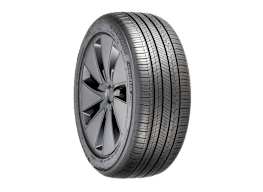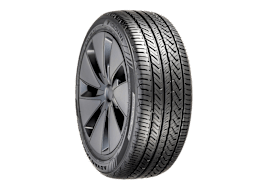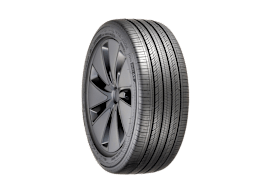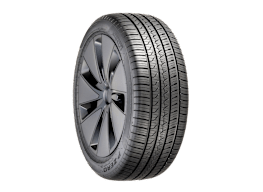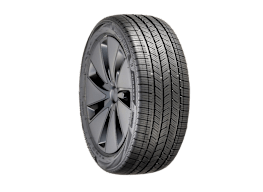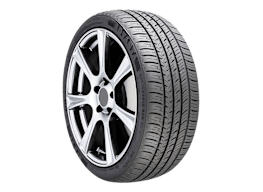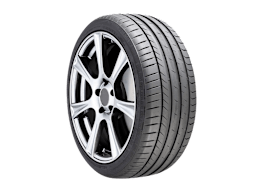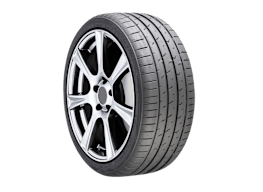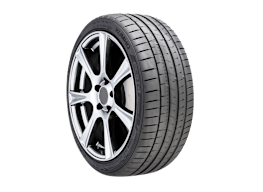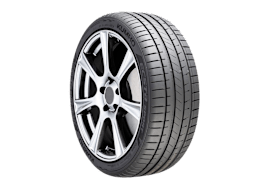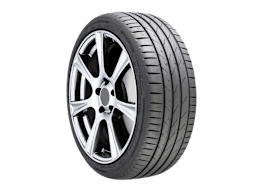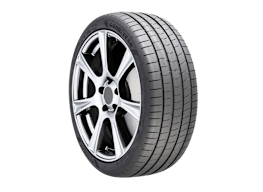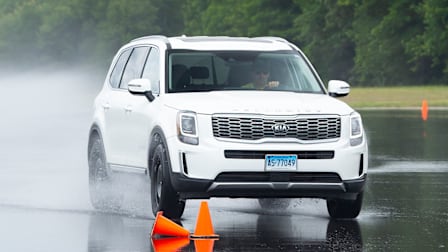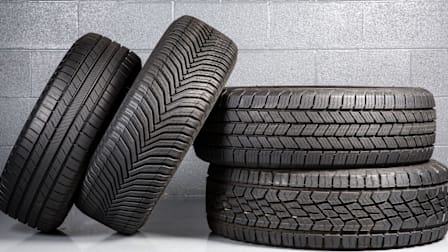How Long Do Tires Last? Consumer Reports' Treadwear Testing Will Tell You.
More than 350,000 vehicle miles were logged this year to generate our exclusive treadwear ratings
How long tires last is a key factor in the overall value. In every category, there is a spectrum of performance, and we often find that more expensive tires last longer and consequently cost less to own in the long run. Consumer Reports’ treadwear testing has shown that family-car tires can readily last 70,000 miles or more based on our extensive evaluations. Many all-season light truck and SUV tires can last as long or longer, too. Ultra-high-performance tires generally wear quicker. In fact, some UHP tires tested on our route in western Texas showed wear that indicates they will last just 25,000 to 30,000 miles. To make matters worse, most summer tires don’t even carry warranties.
These findings underscore the value of looking at comparative tread life based on testing, as found in our exclusive ratings.
Your Mileage Will Vary
From this extensive test program, we found that high-scoring all-season tires last about 55,000 to 95,000 miles. Two top-rated tires from Michelin (the Defender2 all-season tire and CrossClimate2 all-weather tire in the all-season SUV category) are projected to provide 100,000 and 95,000 miles of tread life in CR’s test, respectively.
Rotation is very important for optimum wear, but it might not be practical for all cars. If you are using directional tires, they can be rotated only from the front to rear axles, not side to side unless they are remounted on the wheels. Further, if you use staggered tires with different front and rear tire sizes, as found on some sports cars, they cannot be rotated from front to rear axles. Consequently, tire manufacturers typically reduce the treadwear warranty by 50 percent for these types of fitments. (Learn more about tire rotation.)
Wheel alignment and monthly pressure checks will go a long way toward getting the most out of your tires.
Use CR’s tire ratings to find a tire that provides the best balance of grip, handling, and wear to suit your needs. And be sure to check our exclusive tread life ratings in the main, interactive tire ratings chart and on the tire model pages.

